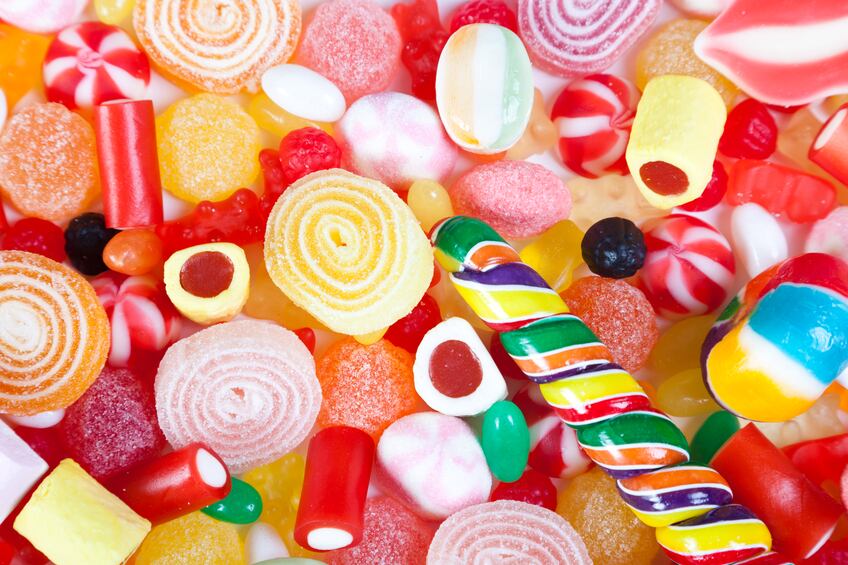According to the managing director of GNT France Baptiste Mattelin, food colour used to be something that manufacturers would never think to promote – “at the very best they tried to hide it,” he said – but it is now seen as something that can add value to a product.
“Clean label has come, people want to know what they are eating and this an important added value element [although] industry

still hasn’t taken it up to its [fullest].”
“Beverages are the biggest category for us globally just because of consumption levels but I would say the most dynamic is confectionery. In Europe we see a huge demand for colouring foods with confectionery [because] it’s a category where consumers expect colour."
Colouring foods are in demand for sweets because the consumers themselves are the kids and they want bright colours, Mattelin said, while it’s the parents who purchase the sweets, and they are more discerning when it comes to the naturalness of those colours.
“When you can promote that your jelly or gummy is made naturally with fruit and vegetables the story is much better, and the consumer totally accepts that the colour comes from carrots or pumpkin because they can make this at home.
“We expect confectionery to be coloured and nowadays it’s possible to achieve brilliant shades with natural ingredients,” he added.
In the EU, colouring ingredients can be considered ‘colouring foods’ rather than colouring additives if they are derived from fruits, vegetables, herbs or other foods that have been usually consumed in the EU since before 1997. They should be minimally processed, and should retain the characteristics of the source material, among other specifications.
One manufacturer which directly targets its products to health-conscious parents is Appy Food and Drink.
It partially attributes its healthy portfolio, which is split up into two main brands with distinct product lines – Appy Kids Co for children and Go Life nutritional food and drinks – to its success in recent years.
Its turnover has increased from £350,000 (€399,000) to over £1.4 million (€1.6m) in the past two years, with a profit increase of 35% and a projected turnover of £5.4m in 2017.
The healthy positioning of its products is a prominent part of its branding. It opts for natural colours such as beta-carotene and caramel to colour its kids’ juice range, and stevia as a sweetener.
“Our aim is to create better products for children than what is commonly available in the present market. Our products are made with natural ingredients and we do not use any artificial sweeteners, colourings, flavourings, or preservatives in any of our kids’ lines,” a spokesperson said.
"We feel that it is the customer’s right to know what they are eating, and importantly what they are feeding their children – not only because they are too young to make these decisions for themselves, but because what they eat now may have a substantial effect on their long-term well-being.
“Nature is the best place to start when looking for better options to sweeten and flavour our products so all our goods are made from natural ingredients only.”
However, the definition of natural is debatable - in Europe at least - and Appy recently found itself under fire for adding calcium lactate and glucose-fructose syrup to products its claimed as being natural.
